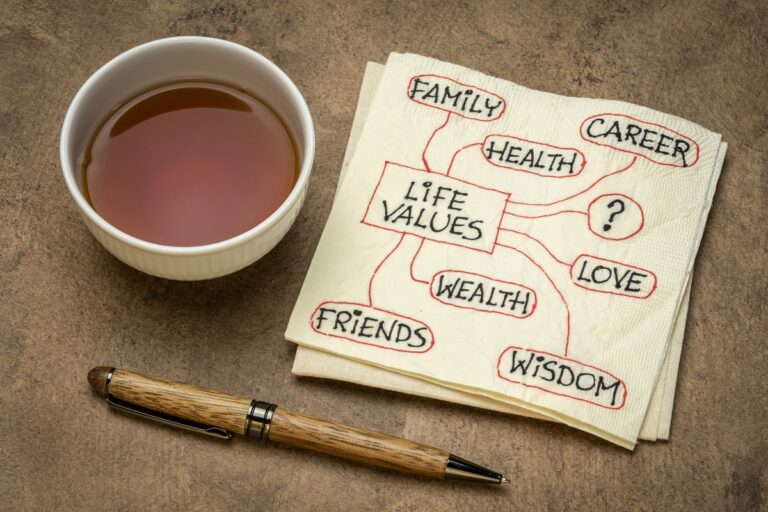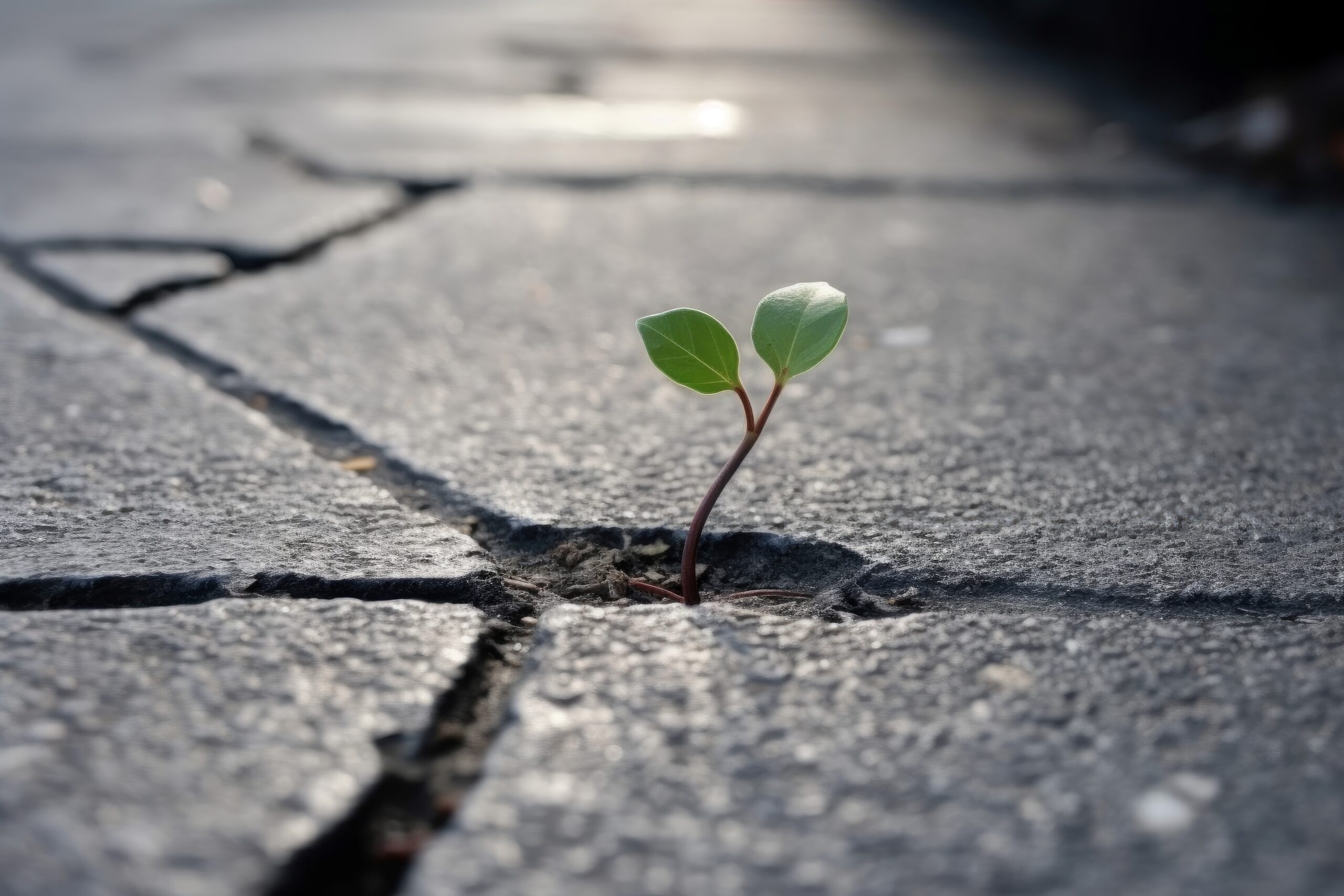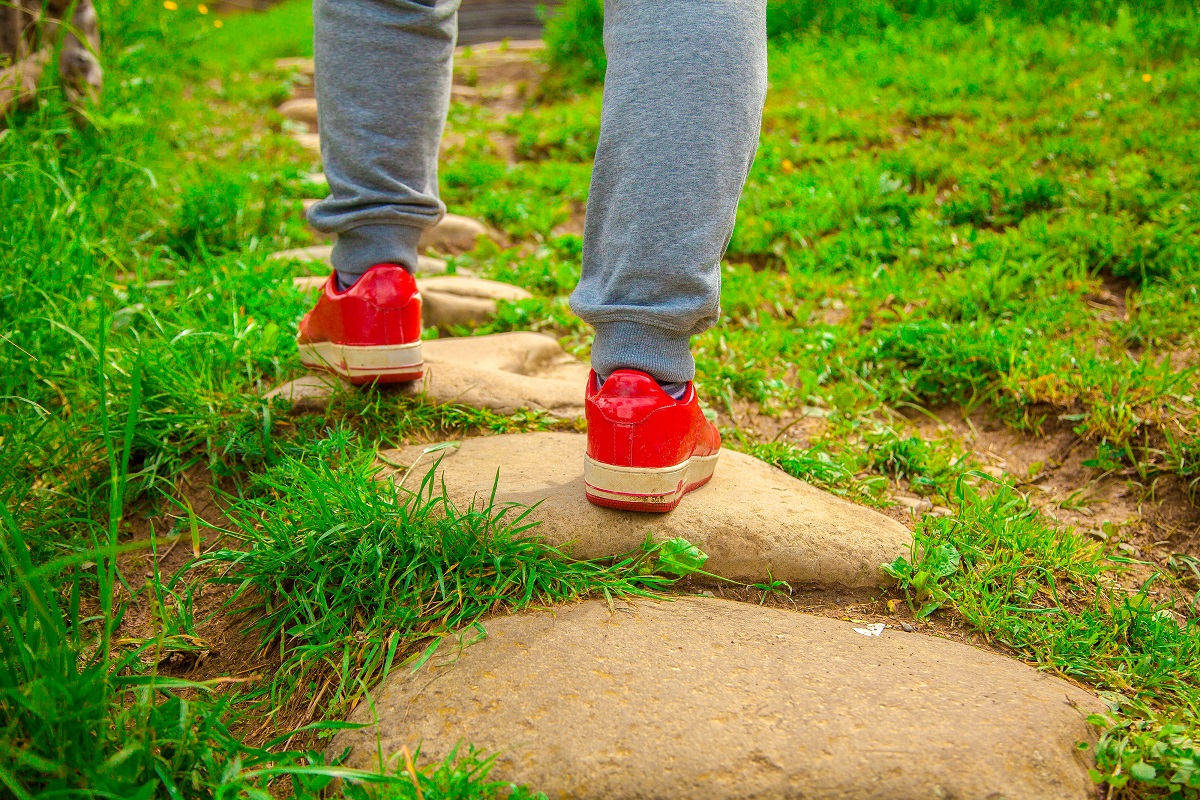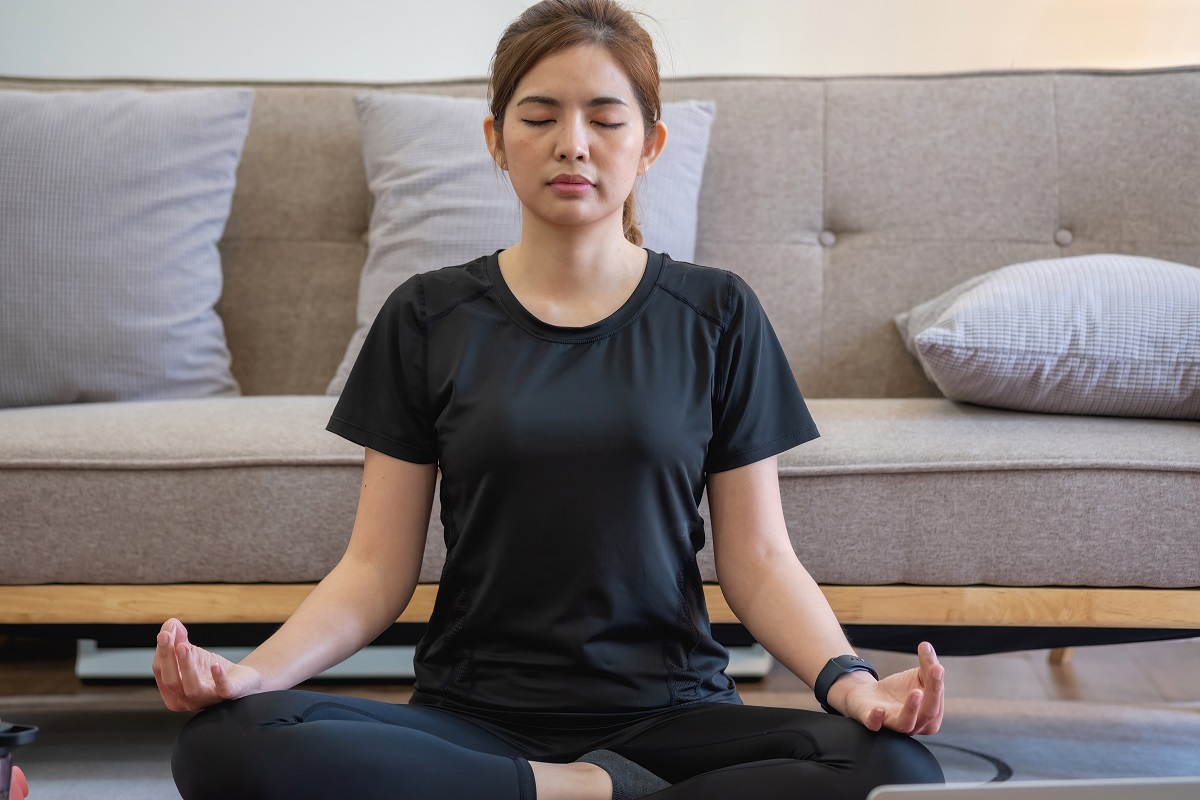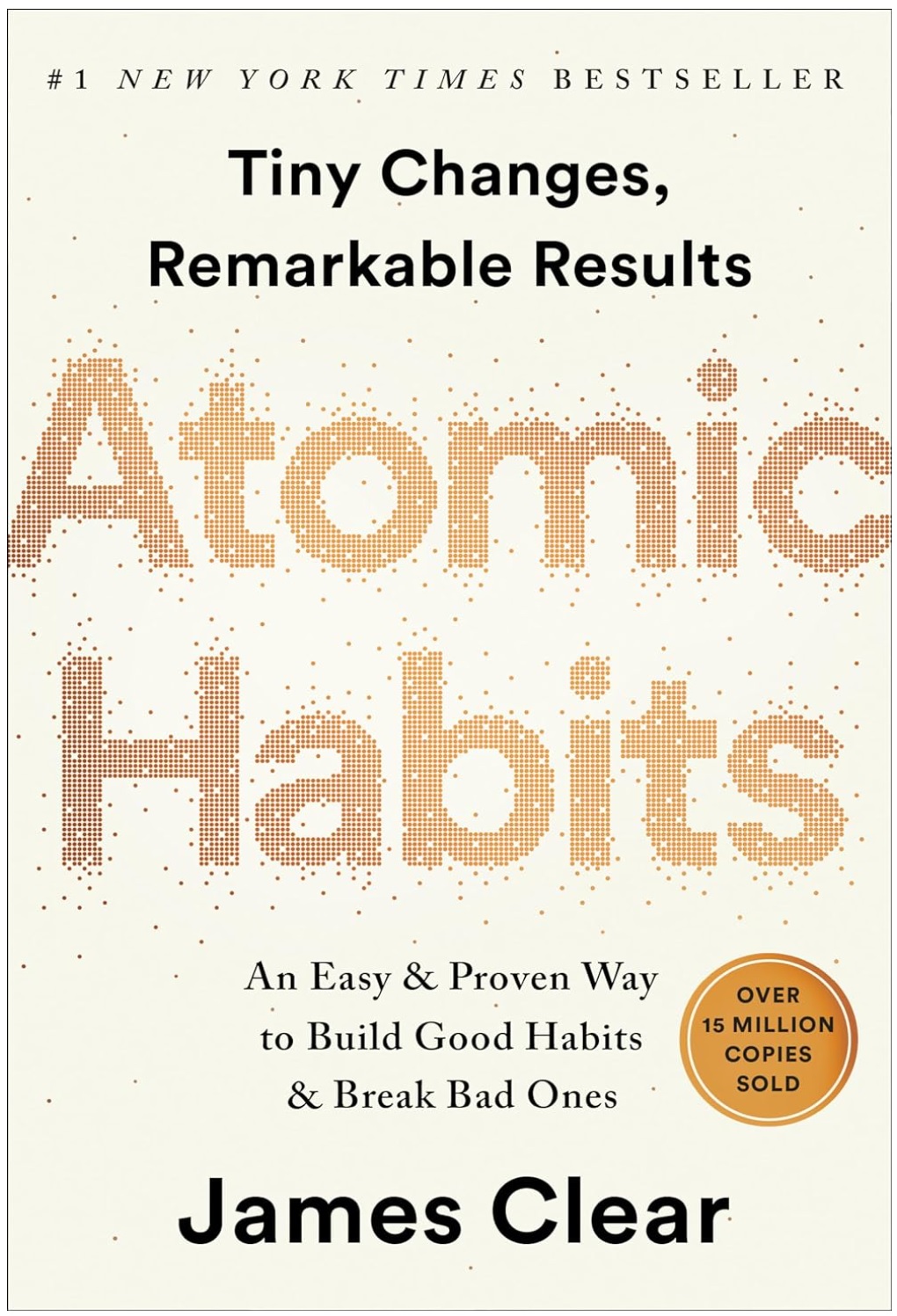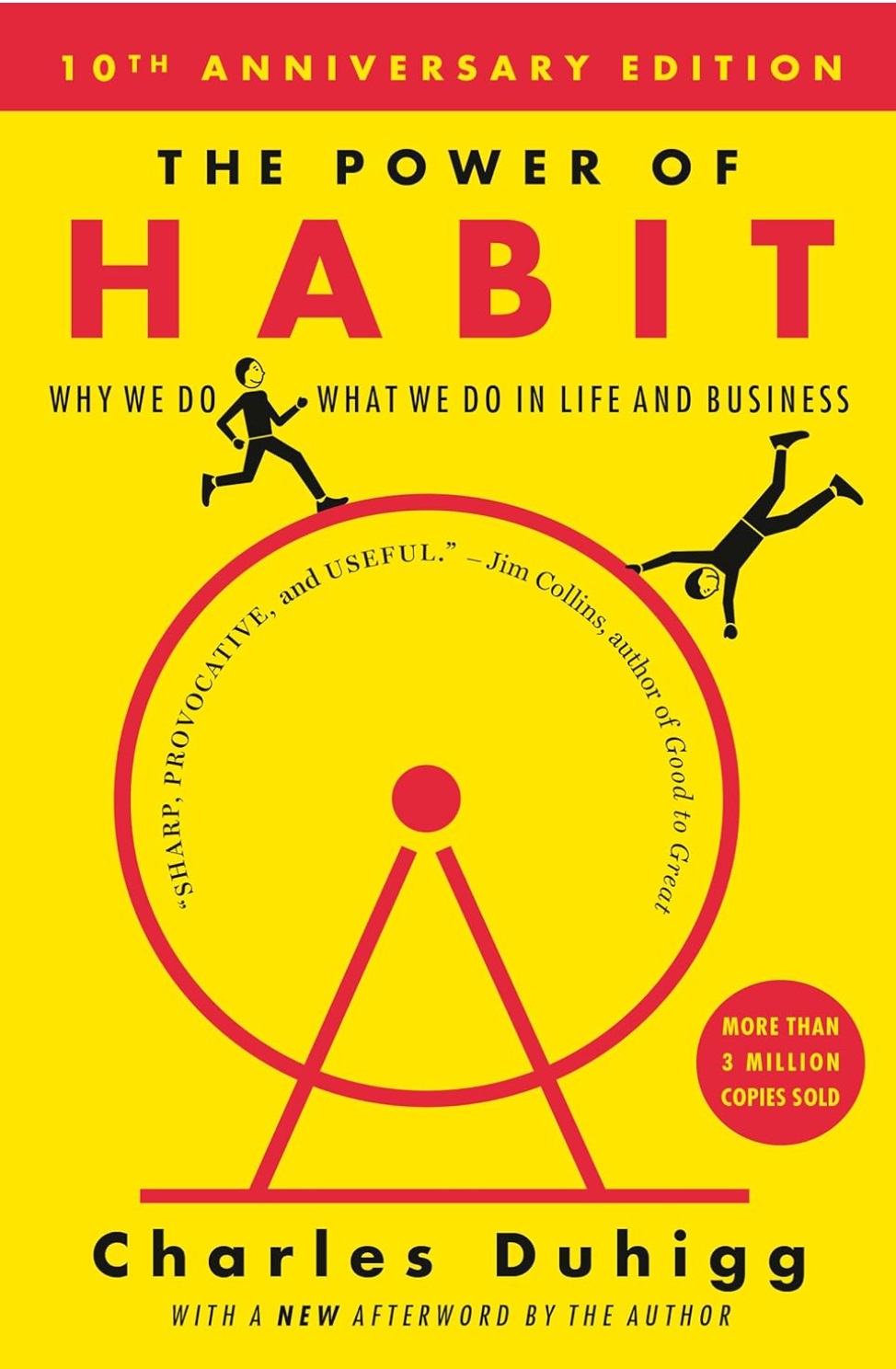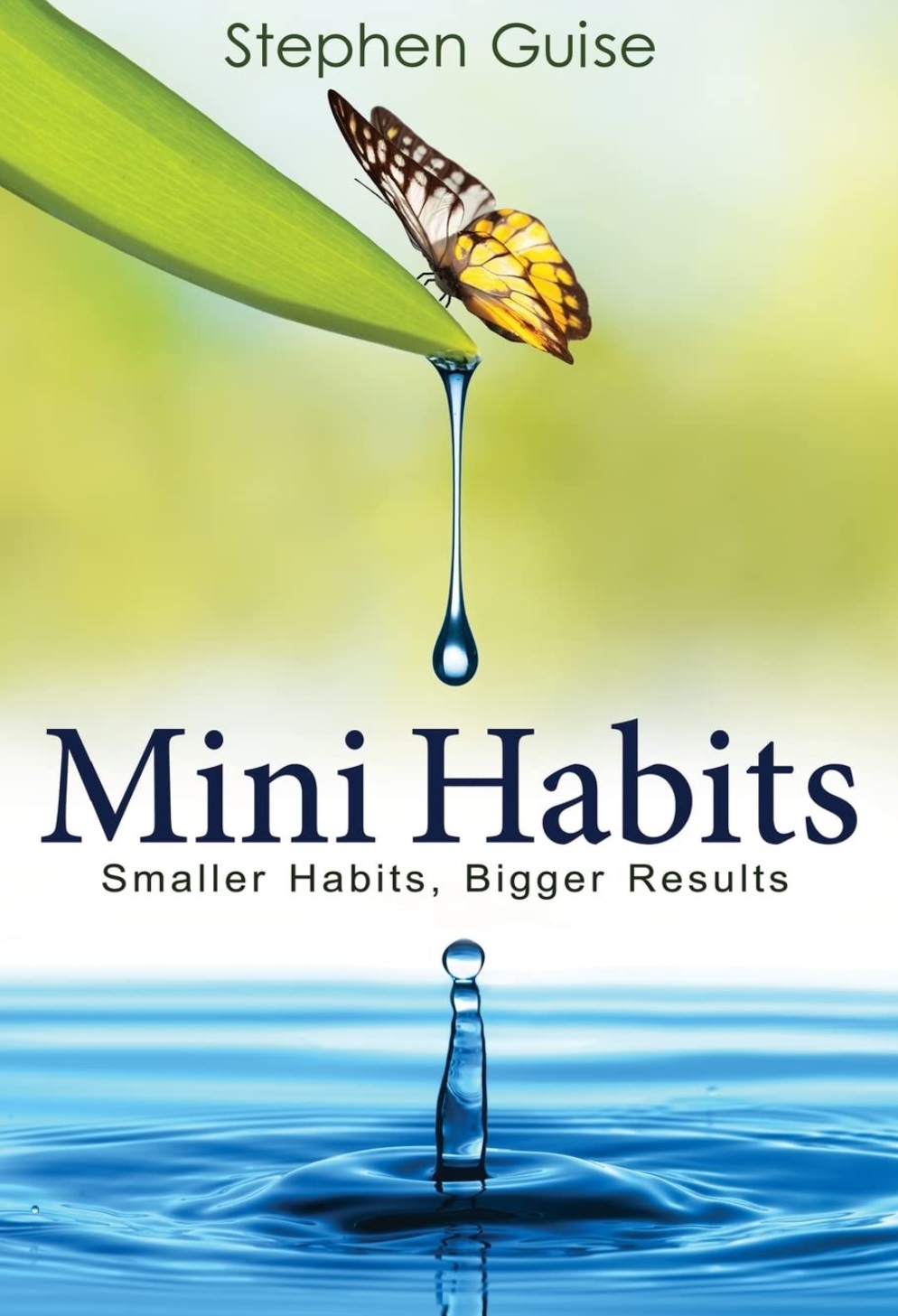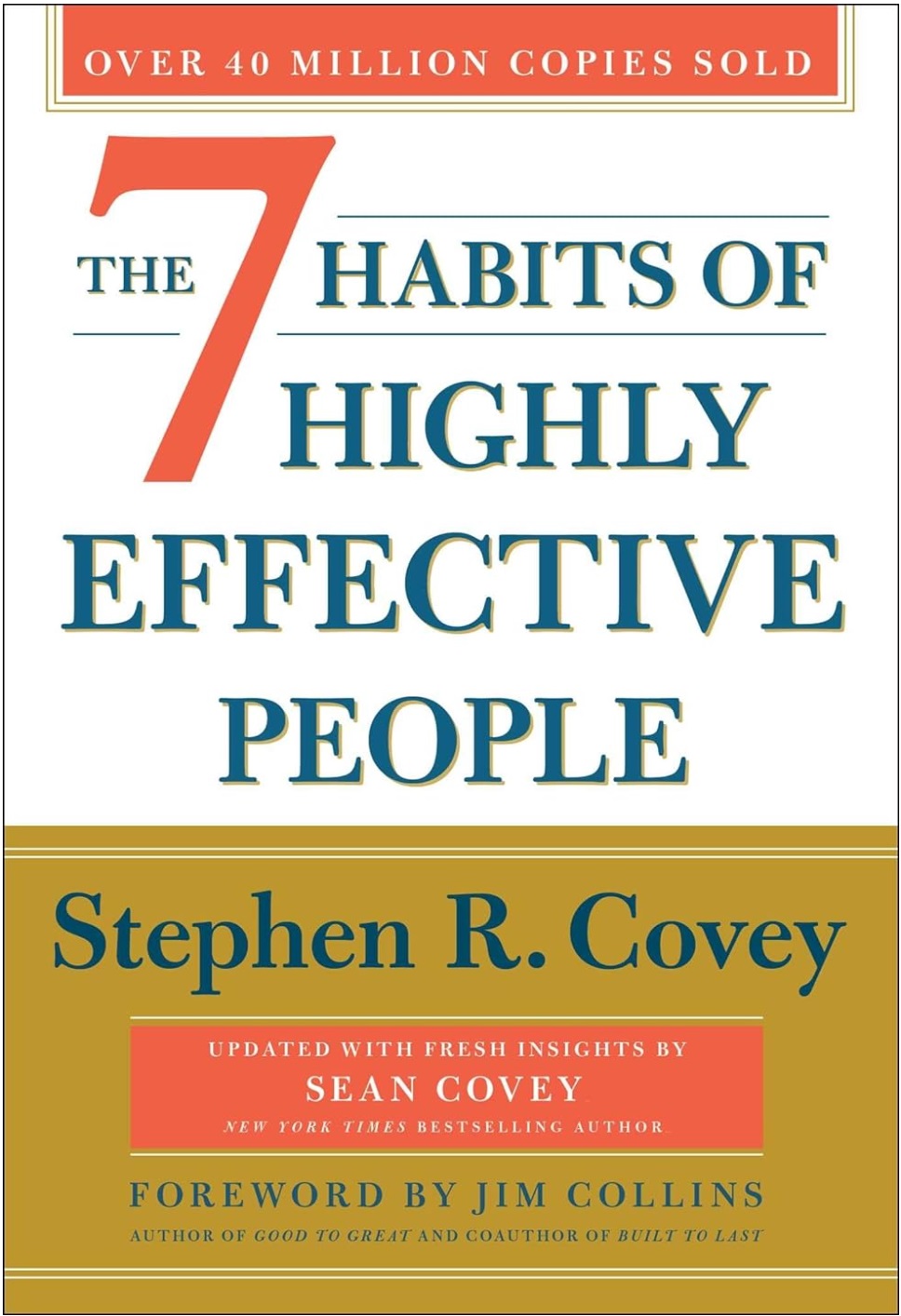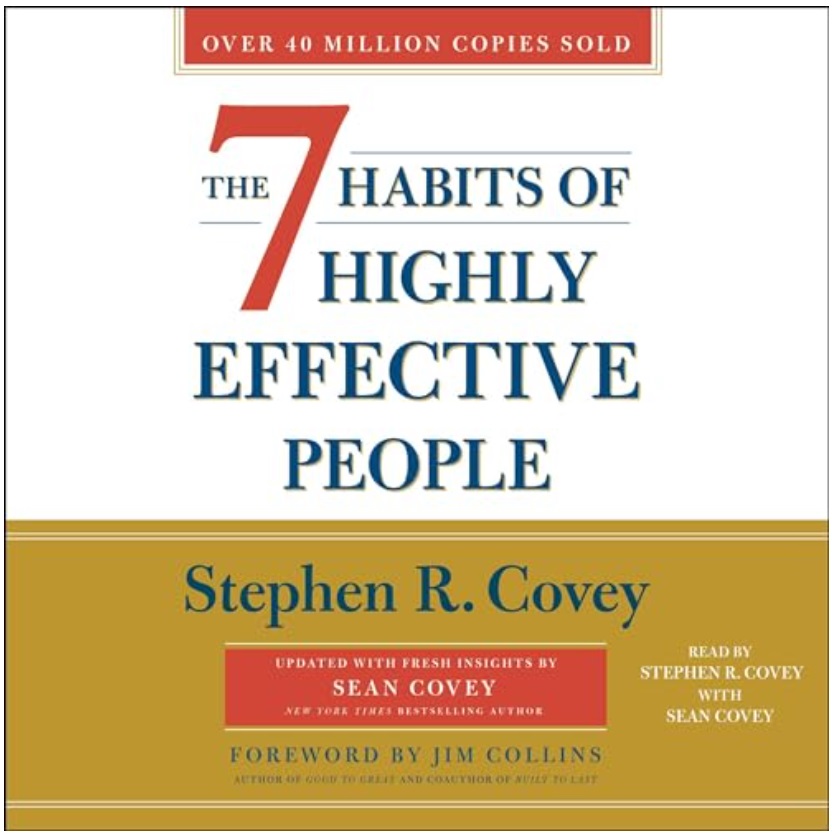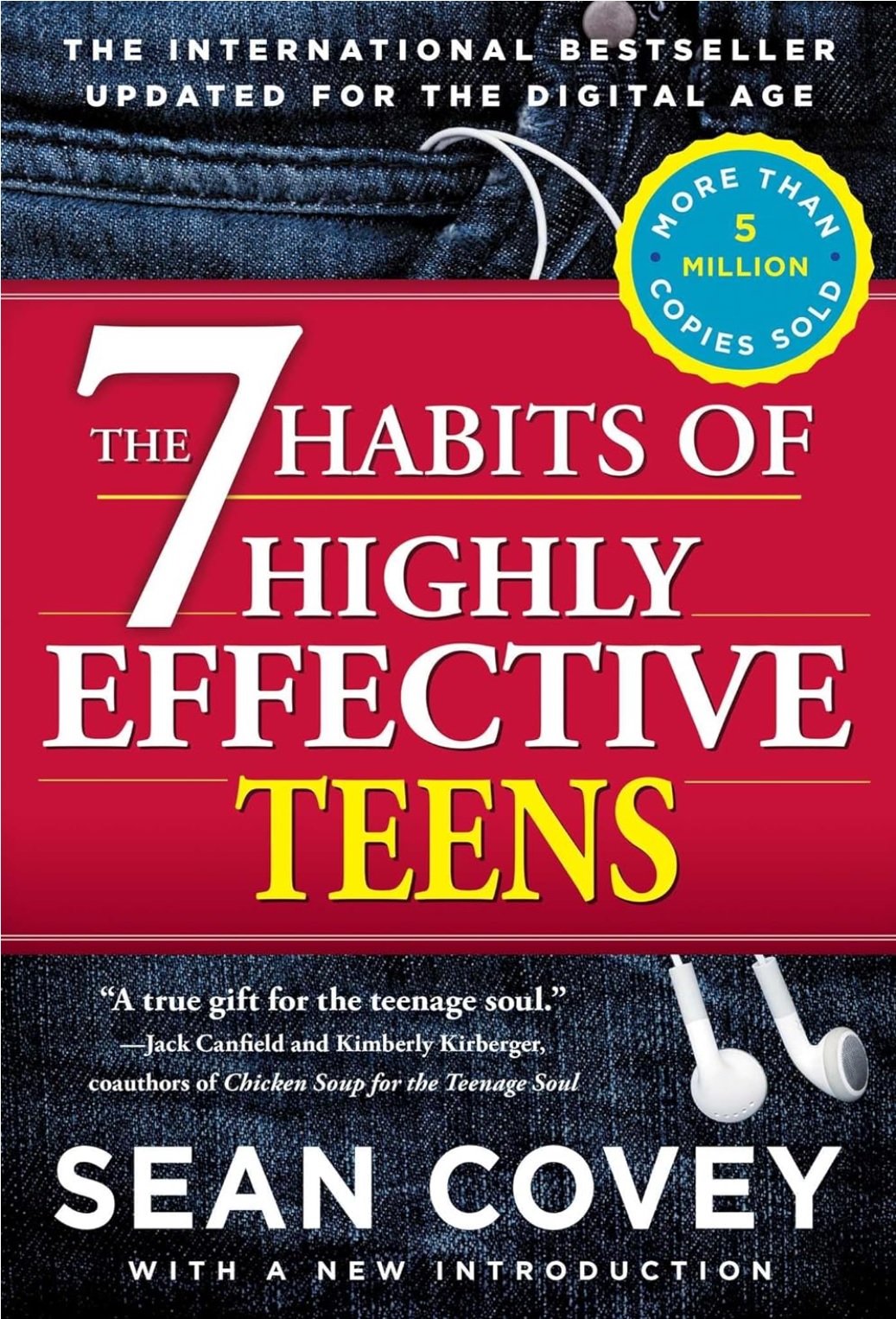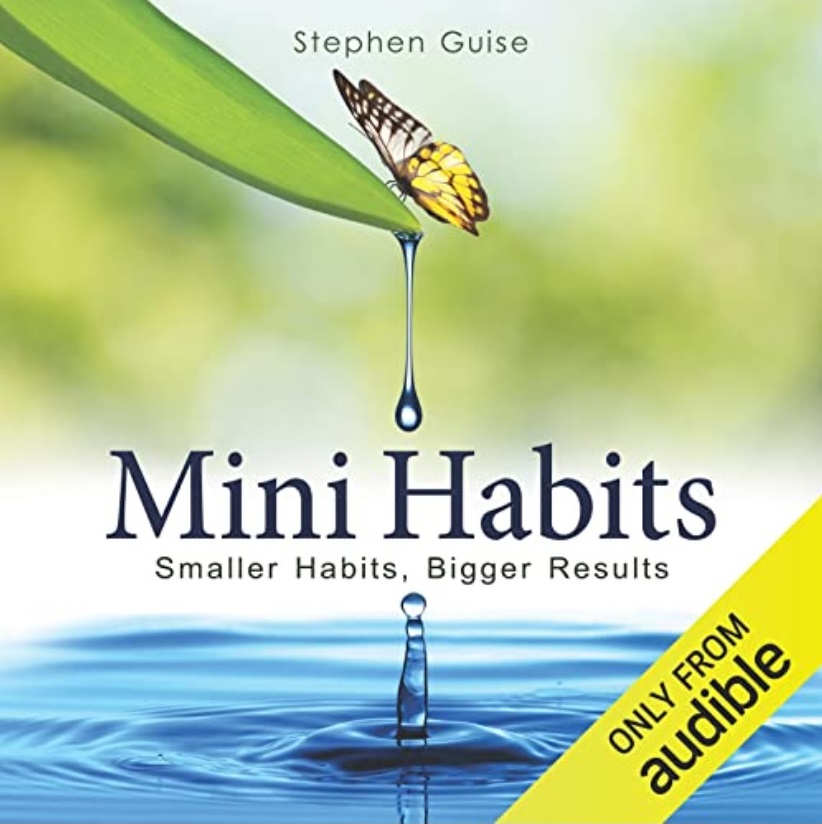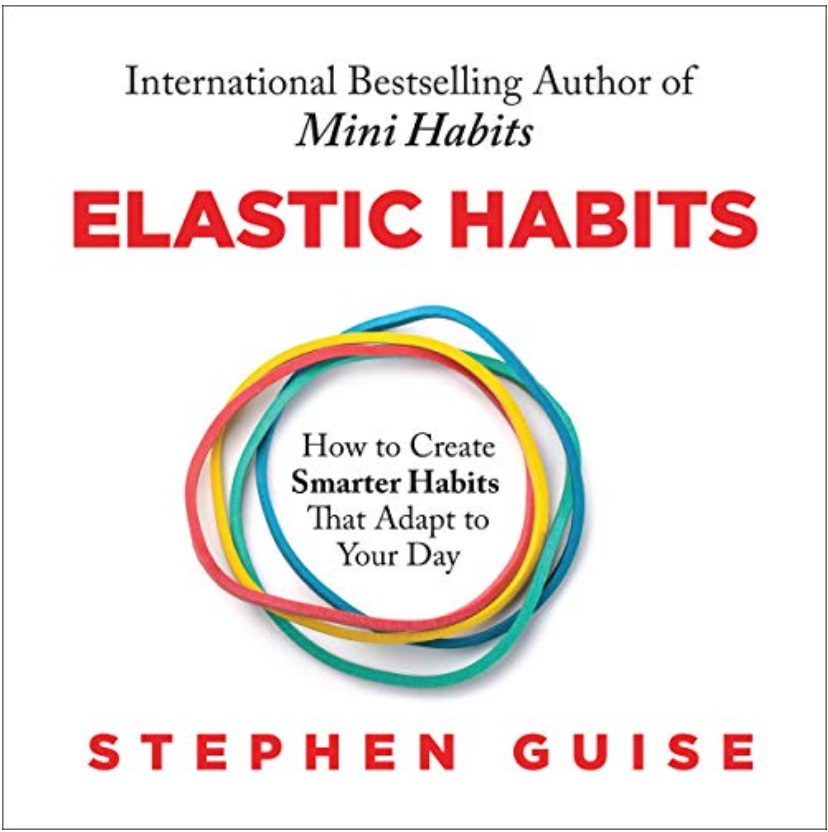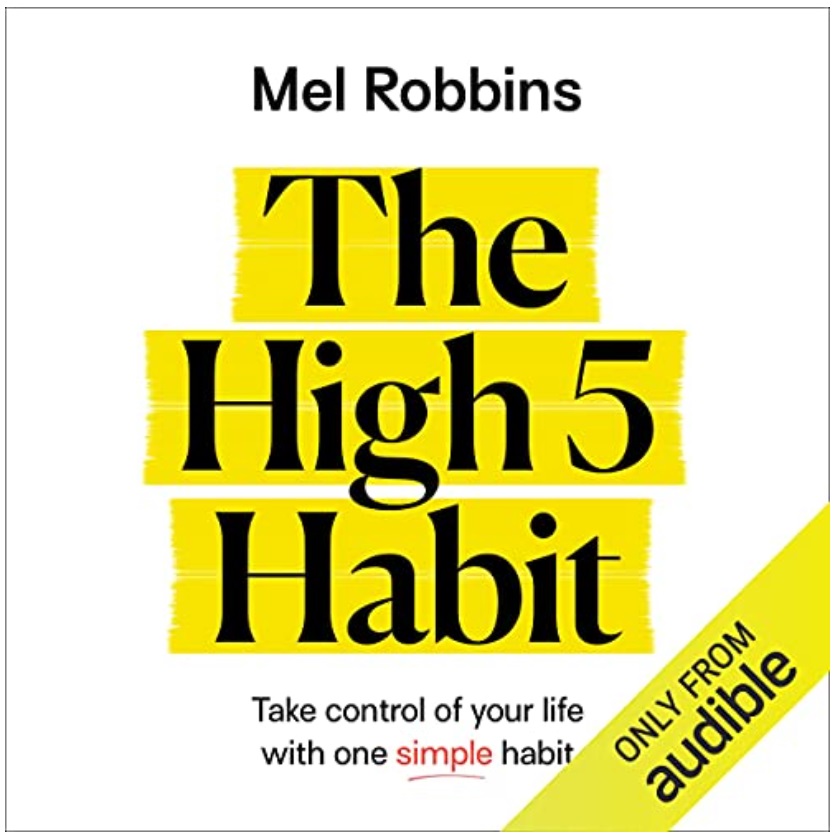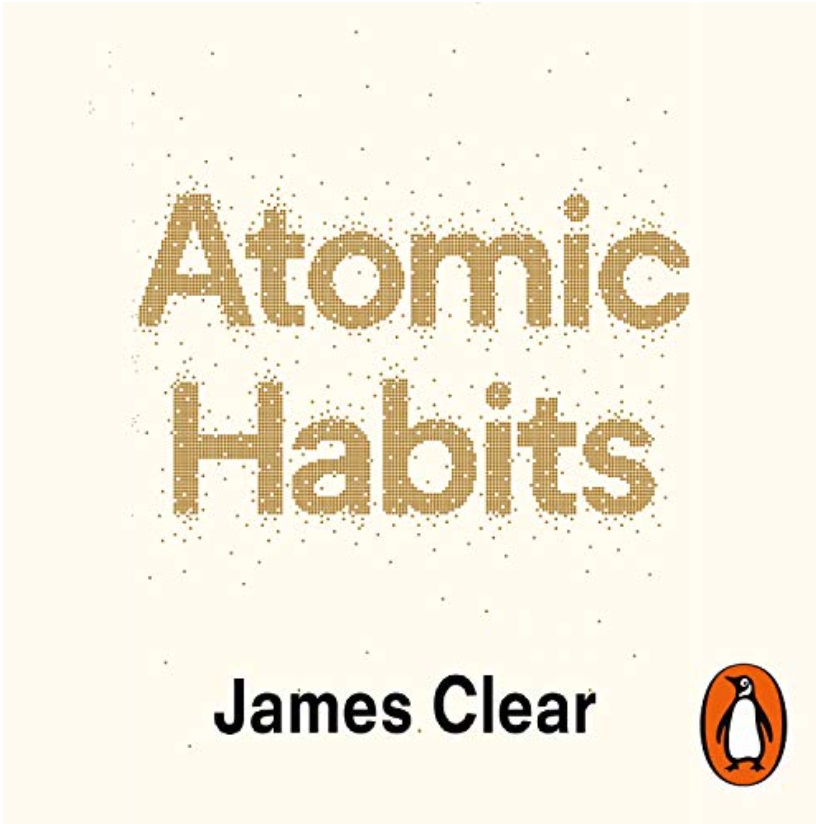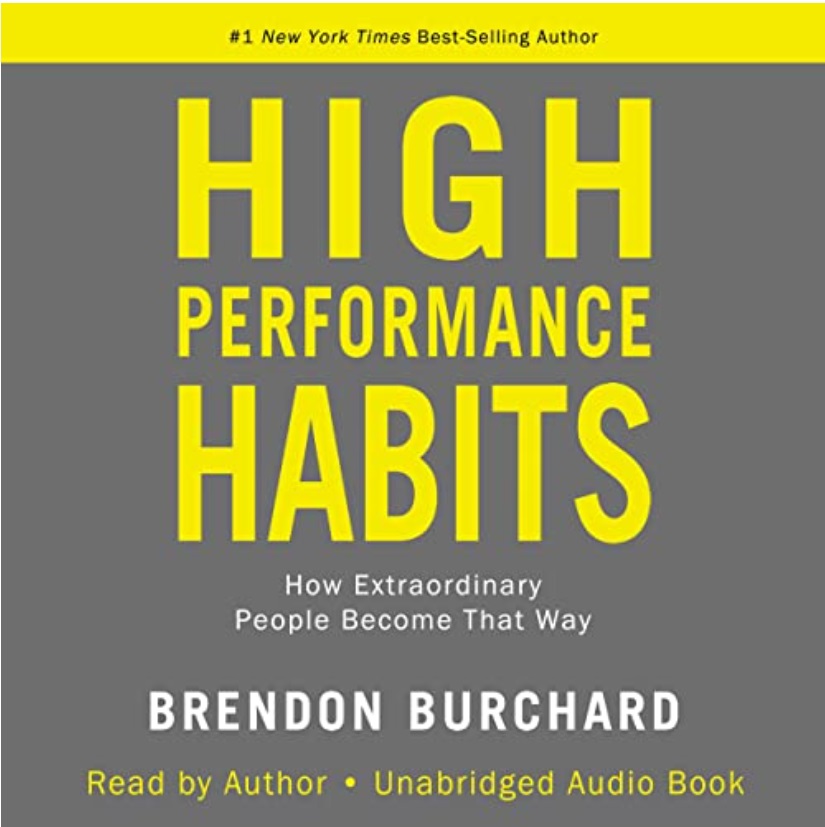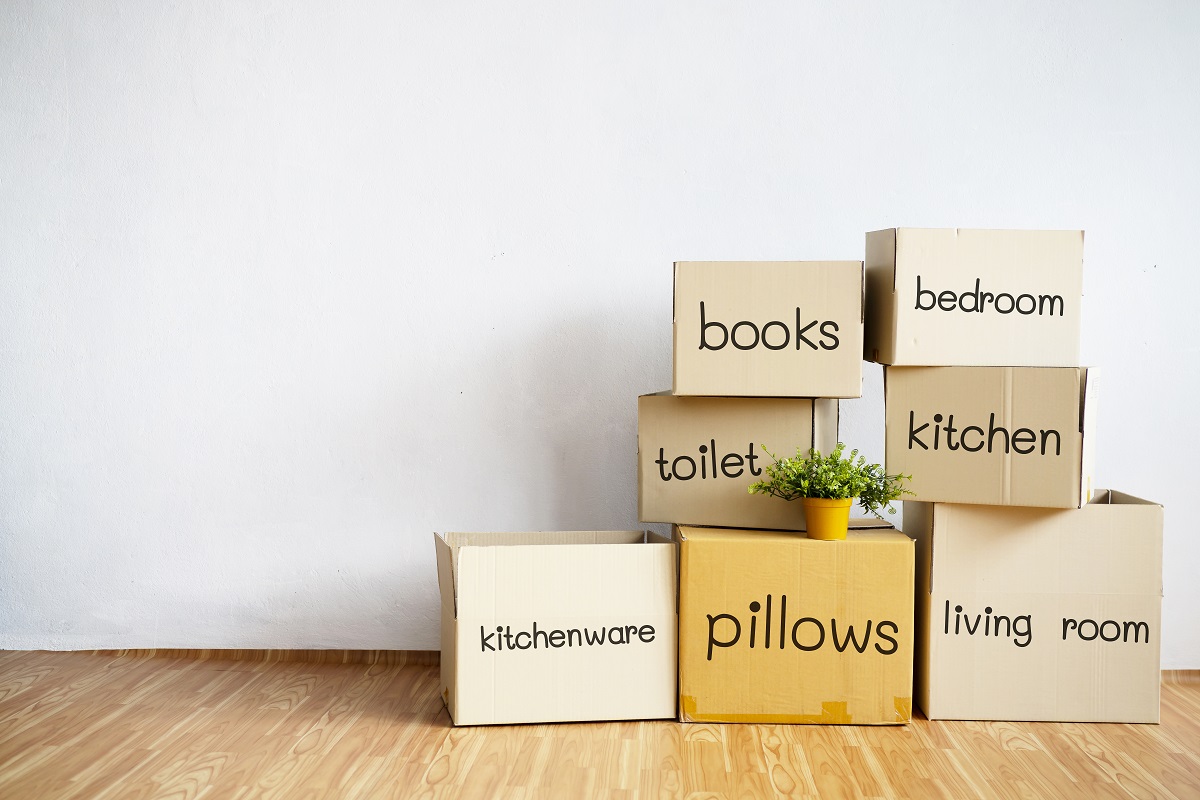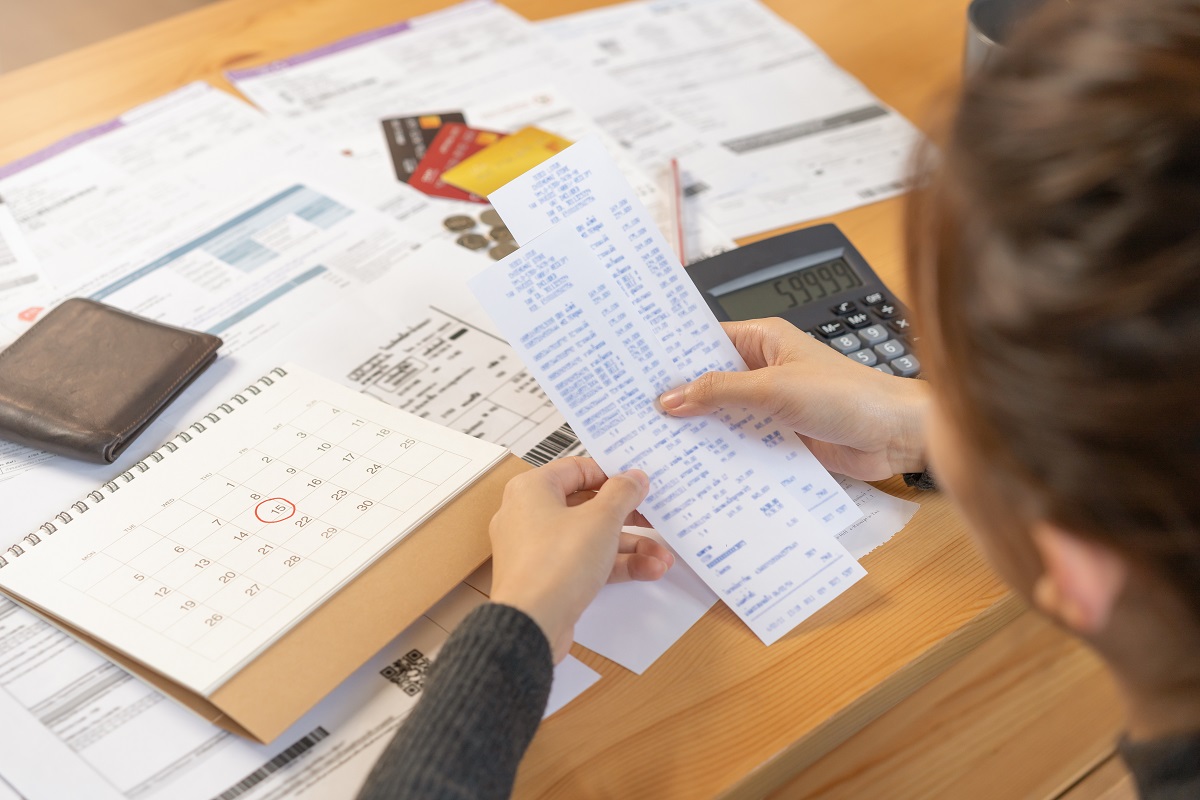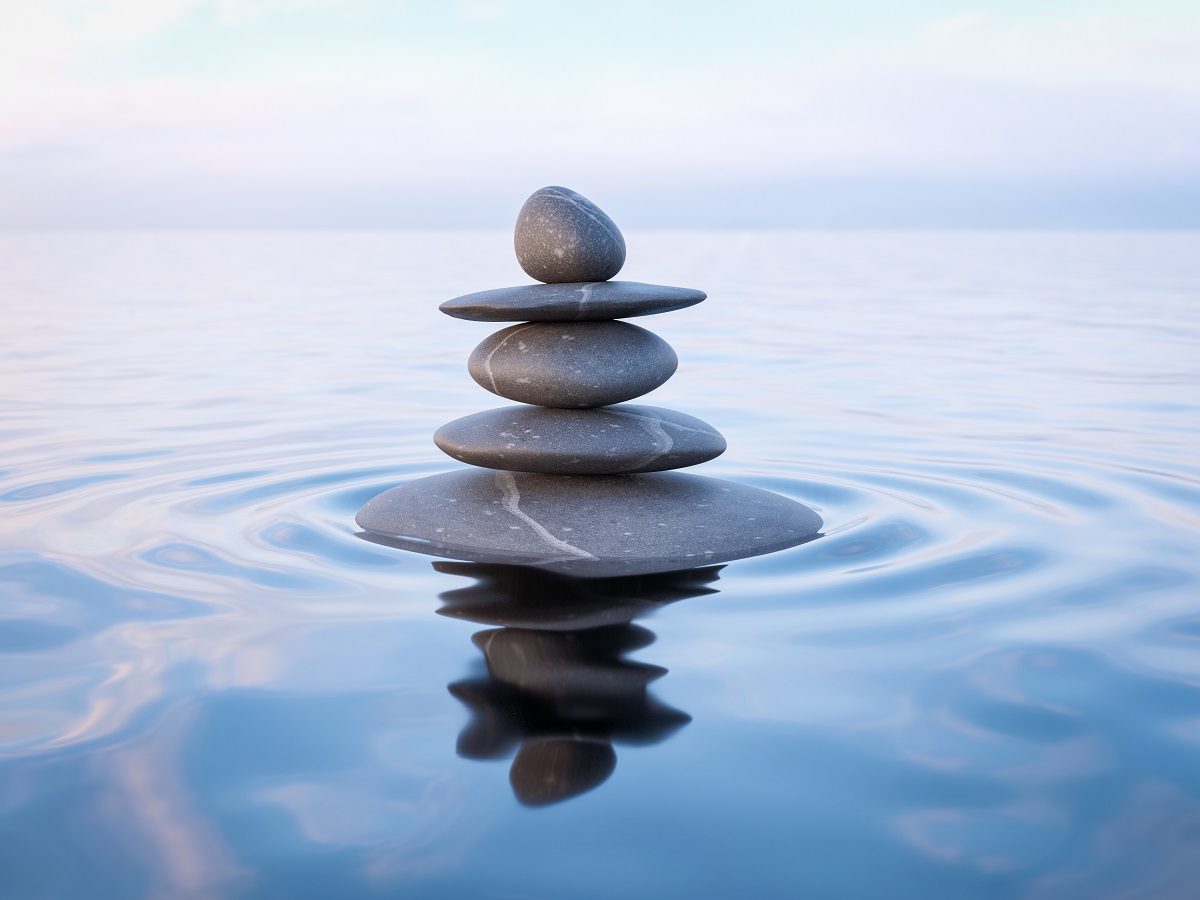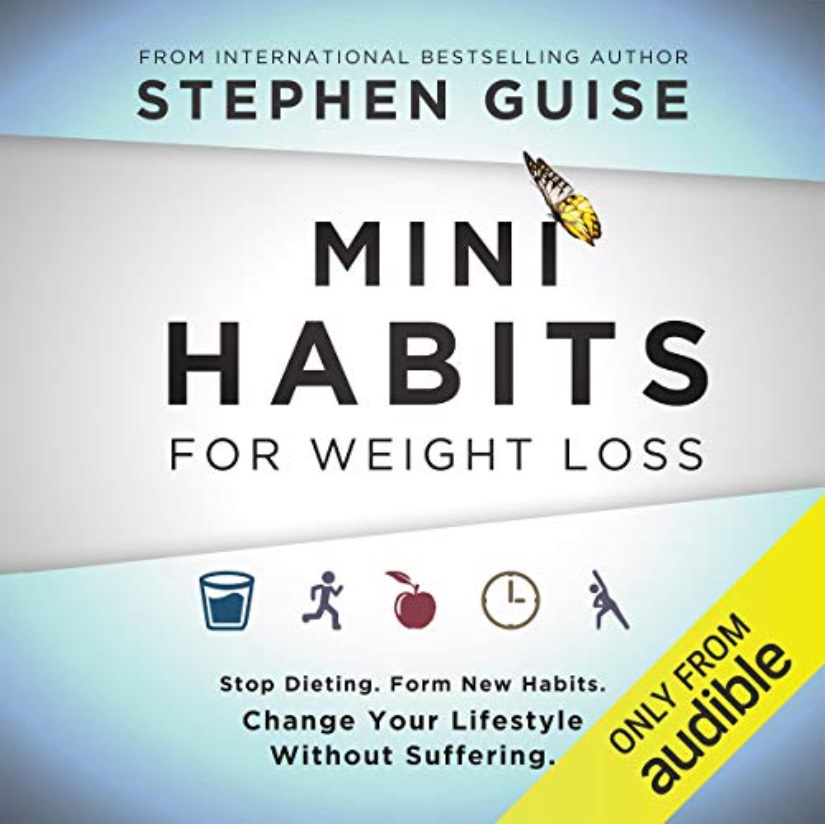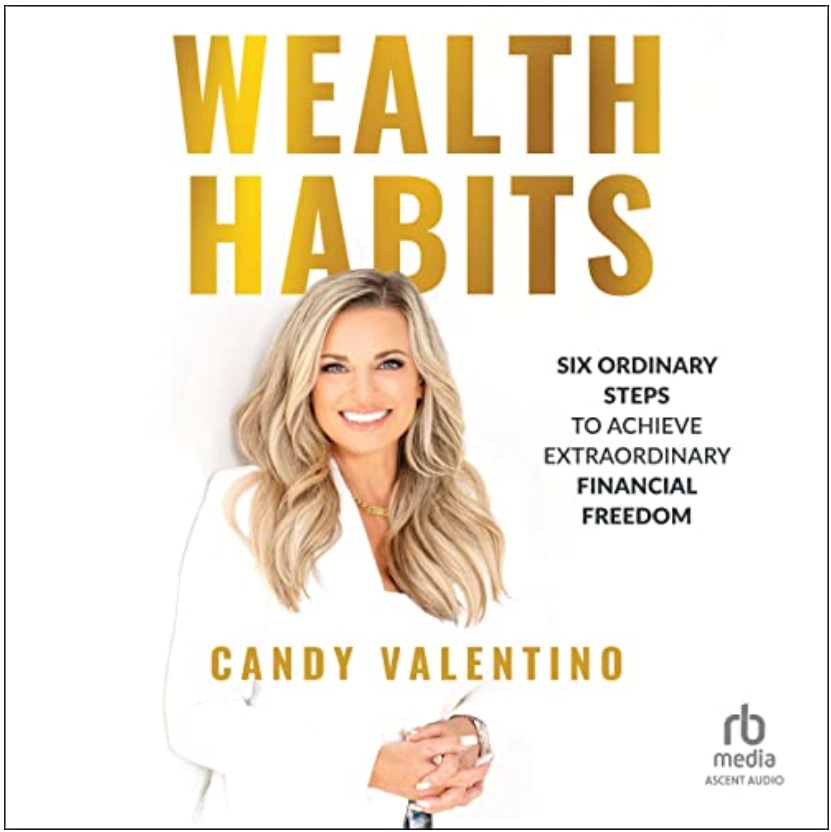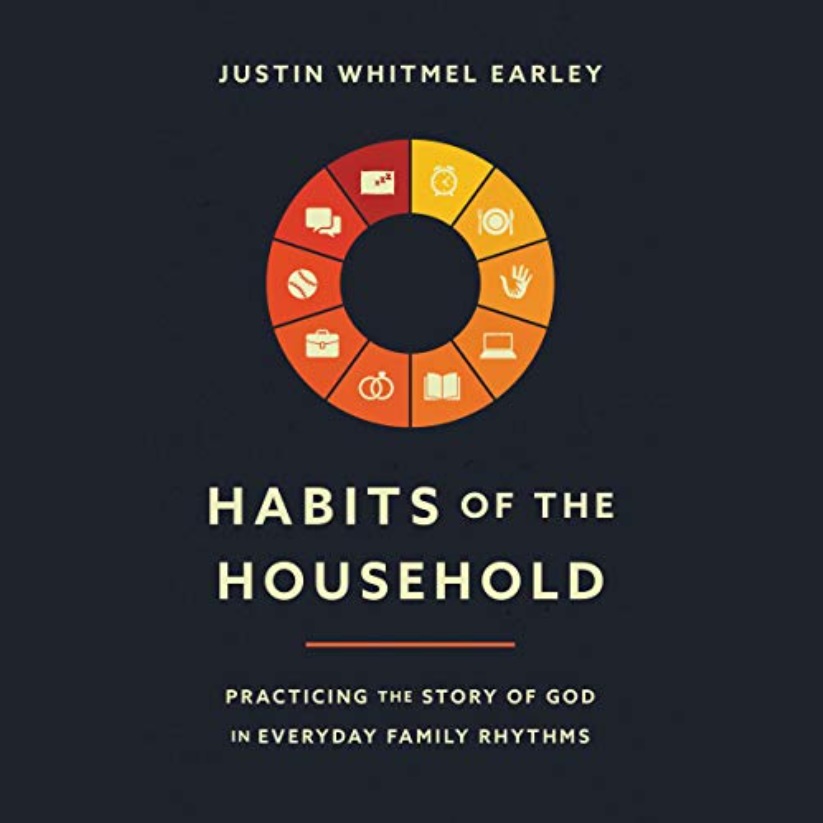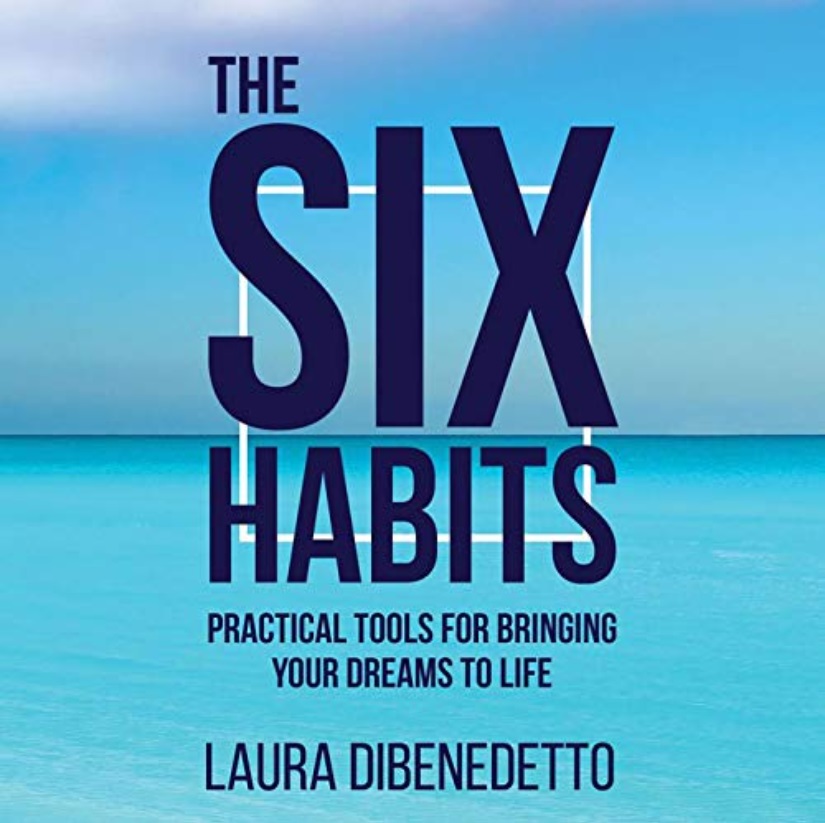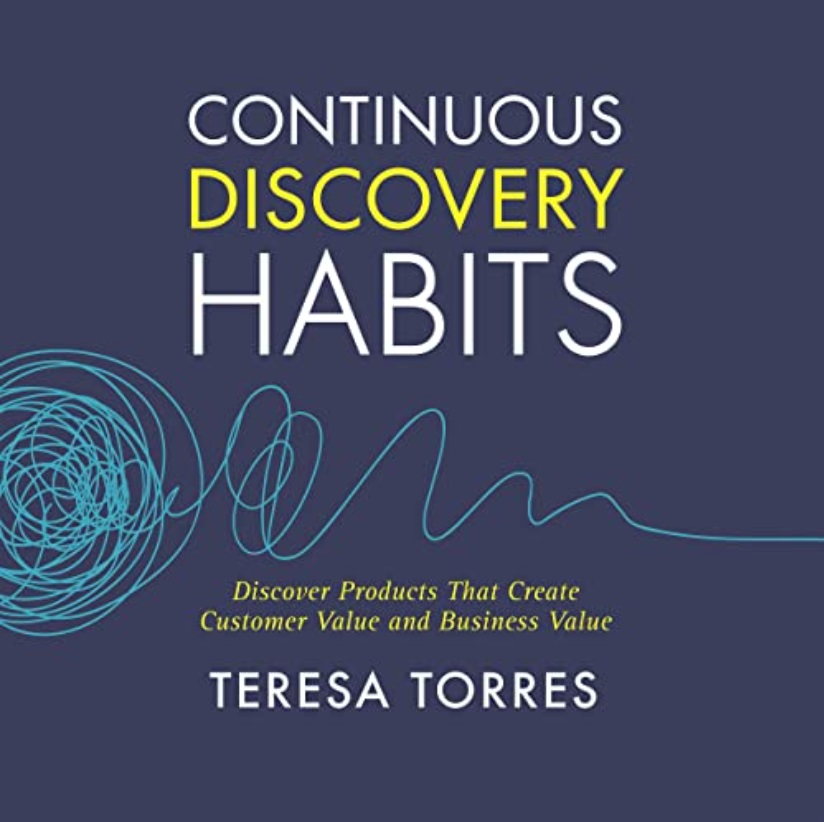- WHAT YOU'LL LEARN IN THIS ARTICLE
- Living your personal values builds inner stability and emotional strength, especially during stressful or uncertain times.
- Daily alignment with your values, through small, consistent actions, develops long-term emotional resilience and reduces reactivity.
- Your values serve as an anchor, helping you respond with clarity, purpose, and integrity no matter how chaotic life feels.
Have you ever felt like life knocked the wind out of you, and you weren’t sure how to get back up? Maybe you’ve been blindsided by a breakup, overwhelmed by work stress, or just hit that quiet kind of low where everything feels heavy.
I’ve been there too. And while nothing erases pain completely, I’ve found something that truly anchors me when the storms hit: my personal values.
Values aren’t just fluffy concepts we write down once and forget. They’re the core truths that shape how we respond to challenges. When everything else feels shaky, values are the compass that points us back to solid ground.
In this post, I want to show you how living by your values can become one of the most powerful tools you have for building real emotional resilience.
Table of Contents
TogglePersonal Values Are the Roots of Resilience
Resilience isn’t about avoiding hard times; it’s about responding to them in a way that keeps us grounded. Values give our pain context and our responses direction.
They Help You Stay Anchored When Emotions Run High
When we face emotional upheaval, grief, anxiety, disappointment, it’s easy to get swept away in the moment. I’ve had moments where I reacted out of panic or frustration, only to regret it later. But when I pause and reflect on my core values, like compassion or integrity, I respond from a calmer, more centered place. I remind myself, “I value kindness, even when I’m hurting.” That thought alone can soften the emotional edge and help me act with more grace.
Values provide something solid to hold onto. They remind you that even when life feels messy, you don’t have to be. You have a personal code that doesn’t depend on the circumstances around you. That’s powerful. In my experience, when I stick to my values, I walk away from hard situations feeling proud of how I handled them, even if the outcome wasn’t perfect. That kind of peace of mind is what resilience really looks like.
They Create Internal Stability When the Outside World Feels Chaotic
Emotional resilience means having the ability to stay steady under pressure. But how do you stay steady when your environment feels like it’s falling apart? That’s where values come in. They give you a consistent internal reference point when everything else is changing. You might not be able to control what’s happening around you, but you can control how you show up, and your values help you do that.
I’ve leaned on this idea so many times. For instance, during a period of financial stress, I felt overwhelmed by fear and self-doubt. But one of my values is responsibility, so instead of shutting down, I created a plan and took small, consistent actions. That internal commitment gave me strength I didn’t know I had. Even though the situation was still tough, I wasn’t emotionally unraveling, I was grounded by something I trusted.
They Help You Process and Reframe Challenges
Another underrated power of values is their ability to help you reframe painful experiences. Instead of seeing a failure as the end, you can see it as a lesson in growth or perseverance, because those are values you believe in. This reframing doesn’t make the pain disappear, but it does help you move through it with more resilience and purpose.
For example, I once lost a big opportunity that I’d worked really hard for. I was crushed. But I reminded myself that I value growth and learning. That helped me shift my mindset. Instead of spiraling into shame, I asked, “What is this teaching me? How can I grow from this?” That internal narrative made all the difference. My values gave the pain a direction to move in, and eventually, that helped me heal.
Living Your Values Builds Daily Emotional Strength
It’s not enough to know your values, you have to live them daily to truly build resilience. Let’s explore this idea further.
Small Acts of Integrity Add Up
We often think resilience is built through major life events, but in truth, it’s created in the small choices we make each day. When you act in alignment with your values, even in seemingly minor moments, you build trust with yourself. That self-trust becomes a form of quiet emotional strength that you can lean on when things get hard.
I’ve experienced this firsthand. When I started making small but deliberate choices based on my value of honesty, like giving real feedback in a meeting or admitting when I didn’t know something, I noticed I felt more emotionally solid. I wasn’t wasting energy pretending or hiding. That freedom gave me more capacity to deal with bigger stresses. Integrity became a habit, and that habit turned into resilience.
Consistency Creates Confidence
Every time you follow through on a value, it reinforces your sense of identity. That consistency breeds confidence, not just in what you do, but in who you are. When you know your actions are rooted in your principles, you’re less rattled by criticism or setbacks. You become emotionally resilient because your self-worth isn’t swayed by external approval.
I remember a period when I was trying to make everyone happy, saying yes to things I didn’t believe in, agreeing when I disagreed. I felt emotionally drained all the time. But once I recommitted to my values, especially boundaries and authenticity, I started saying no when I needed to. The more I honored that, the more I trusted myself. And over time, I noticed I didn’t need validation as much. That’s when I realized: confidence grows from values.
Daily Alignment Builds Emotional Reserves
Living your values daily builds an internal emotional reserve, a sort of savings account you can draw on when life gets hard. When things go wrong, you don’t start from empty; you’ve already been filling your resilience tank with each small act of value-based living.
One of my personal values is compassion, and I try to show it not just to others, but to myself. Every time I choose to rest instead of burn out, speak gently to myself when I mess up, or forgive instead of stew in anger, I’m strengthening my emotional reserves. Then when something truly hard hits, I already have emotional energy stored up. It doesn’t mean I’m unshaken, but I’m not as shaken as I would’ve been without that daily practice.
Values Are the Best Compass in Uncertain Times
When you don’t know what to do, your values can still tell you who to be.
They Simplify Decision-Making
Uncertainty brings decision fatigue. We start overthinking, second-guessing, and worrying about every possible outcome. But your values simplify the process. Instead of asking, “What’s the right move?” you ask, “What aligns with my values?” That clarity cuts through the noise and helps you act decisively.
This has helped me so many times. For example, when I had to choose between a higher-paying job and one that felt more meaningful, I turned to my values: purpose and creativity. That made the decision easier. It wasn’t just about money; it was about who I wanted to be. And even though it wasn’t the “safe” choice, I had peace, because I knew I made the right decision for me.
They Reduce Anxiety in the Unknown
Fear thrives in uncertainty. But values offer a sense of direction, even when the path is foggy. You might not know the outcome, but you know how to show up along the way. That brings a surprising sense of calm. When I face unknowns now, I focus less on controlling the result and more on staying true to who I am.
During a difficult family situation, I had no idea how things would turn out. I couldn’t fix it. But I told myself, “I value empathy and patience.” So I just tried to embody those things every day. That kept me from spiraling. I couldn’t control the situation, but I could control how I moved through it, and that gave me a sense of peace.
They Prevent Regret-Based Living
One of the biggest emotional drains is regret. Doing things you don’t believe in—just to please others or avoid discomfort, leaves emotional residue. But when you act from your values, even if it’s hard, you minimize regret. You may still face pain or loss, but you don’t carry the added weight of betraying yourself.
Looking back, the moments I’m most proud of weren’t always the easiest. They were the times I spoke up when it would’ve been easier to stay quiet, or walked away from something that didn’t align with who I wanted to be. Those choices weren’t painless, but they were clean. I didn’t have to question them later. That’s the quiet gift of values-based living, it protects your peace long after the moment has passed.
Aligning With Values Helps You Recover Faster from Emotional Setbacks
When setbacks hit, your values offer a stable foundation for emotional recovery. They give your reactions direction, your pain meaning, and your next step clarity.
They Turn Pain into Purpose
One of the most powerful ways I’ve coped with setbacks is by asking, “What value can I lean on right now?” That question alone shifts me out of pure emotional overwhelm and into intentional reflection. Suddenly, instead of feeling like a victim of circumstances, I feel like an active participant in how I move forward. It’s not that the pain disappears—but it becomes purposeful.
After a breakup a few years ago, I was completely heartbroken. But one of my strongest values is growth. I kept asking myself, “How do I want to grow through this?” That mindset helped me reframe the experience, not as a failure, but as a painful chapter that held valuable lessons. It allowed me to find peace faster than if I had spiraled in resentment or regret.
They Help You Respond Instead of React
Values create a space between stimulus and response. When emotions are high, that space can feel non-existent, but your values remind you to pause and consider: “What kind of person do I want to be in this moment?” That question alone has stopped me from reacting impulsively in situations where my emotions felt out of control.
In the middle of an argument, it’s easy to say something hurtful. But if your value is kindness or respect, reminding yourself of that value gives you a moment to choose a better response.
I’ve literally had moments where I’ve bitten my tongue, breathed deeply, and said to myself, “I want to act from love, not ego.” It’s hard in the moment, but afterward, I always feel better that I stayed true to what matters—not just to the outcome of the conversation, but to my own self-respect.
They Keep You Moving, Even When It’s Hard
Resilience doesn’t mean never falling; it means getting back up with intention. When you’re guided by your values, you’re more likely to take the next small step forward, even when motivation is low or the path ahead is unclear. This kind of action isn’t driven by pressure or fear, but by purpose.
I once hit a creative wall in my work where everything I wrote felt stale. Instead of quitting or obsessing over productivity hacks, I went back to my core value: curiosity. That value reminded me why I write in the first place, because I love exploring ideas and sharing them. That small mental shift got me back on track. Even a tiny connection to your values can reignite momentum.
Strengthening Values Through Daily Habits Boosts Long-Term Resilience
Daily routines rooted in your values can build emotional strength over time. The consistency of those habits creates emotional muscle memory for when life gets tough.
Repeating Value-Based Actions Builds Emotional Endurance
Think of emotional resilience like a physical muscle, it grows with training. Every time you take action aligned with your values, even in small ways, you’re reinforcing the mental and emotional pathways that help you respond well under pressure. It’s less about doing something big and more about doing something meaningful and consistent.
One of my daily practices is gratitude journaling. It’s not elaborate, I just write down three things that matter to me, usually connected to my values of connection and simplicity. Doing this each morning keeps me anchored and emotionally centered. Over time, this small ritual has helped me handle stress more calmly and recover from tough days more quickly. That’s the power of repetition rooted in values.
Habits Offer Predictable Anchors When Life Feels Unpredictable
When everything else feels chaotic, your daily habits can become a safe, grounding force. And when those habits are value-based, they don’t just provide structure; they reinforce who you are. That identity reminder can be a powerful buffer against anxiety and fear.
For example, I value learning, so part of my routine is reading a few pages from a meaningful book each day. During stressful periods, that small ritual feels especially calming. It tells my brain, “This part of you is still here. You’re still you.” That simple act reconnects me to something deeper than the noise around me. And it helps me move through challenges with more steadiness.
Tiny Habits Lead to Big Emotional Shifts
The great thing about value-based habits is that they compound. A two-minute act of kindness, a short moment of silence, or a mindful breath—these small things create a sense of alignment. That alignment, over time, becomes resilience. You start to trust yourself more, because you’re practicing who you want to be every day.
I used to think big changes were the only ones that mattered. But honestly, it’s the little things—like how I speak to myself when I mess up, or how I treat others when I’m tired—that define my resilience now. Values guide those moments. And when I choose them again and again, even in the smallest ways, I build emotional strength that feels real, not forced.
My Concluding Thoughts
At the end of the day, resilience isn’t about being unbreakable; it’s about being deeply connected to what matters most, even when life is difficult. It’s knowing that no matter how chaotic the world feels, there’s a quiet part of you that doesn’t shift with the winds. That part is built from your values.
Living your values isn’t always easy, especially in high-stress moments. But it’s in those moments that your values shine brightest. When you choose honesty over people-pleasing, grace over anger, and compassion over criticism, you’re not just surviving; you’re living with purpose. You’re actively shaping a life you can be proud of.
I’ve come to believe that emotional resilience isn’t about shielding yourself from life’s hardships; it’s about walking through them with integrity. It’s not just about bouncing back. It’s about bouncing back aligned. The more you practice living from your values, the more naturally resilient you become, because you’ve built a life that supports you from the inside out.
So if you’re looking for more resilience, don’t look outside yourself for tools or shortcuts. Look inward. Reconnect with what you believe, and begin to live that out in small, honest ways every day. That’s where your true strength is.
References
Blog Posts Referenced in This Article
External Sources Referenced in This Article
How Living Your Values Can Build Resilience – Greater Good Science Center
Explores research-backed insights into how aligning your actions with personal values can foster long-term emotional well-being and resilience.
Resilience: Why It Matters – Psychology Today
A comprehensive guide that explains the psychology of resilience, why it matters, and how it shapes our response to adversity.
The Role of Values in Resilience and Well-Being – NCBI
A peer-reviewed study analyzing the connection between personal values, psychological resilience, and overall well-being.
What Is Resilience? – Mindful.org
Offers a mindfulness-based explanation of resilience, emphasizing how presence and self-awareness contribute to emotional strength.
How to Live a Life True to Yourself – Psych Central
This article provides reflection techniques and practical advice to help readers align daily decisions with their authentic values.
The Gift and Power of Emotional Courage – Susan David (TED Talk)
In this TED Talk, psychologist Susan David explains how embracing emotional truth and values-driven living leads to true resilience.

